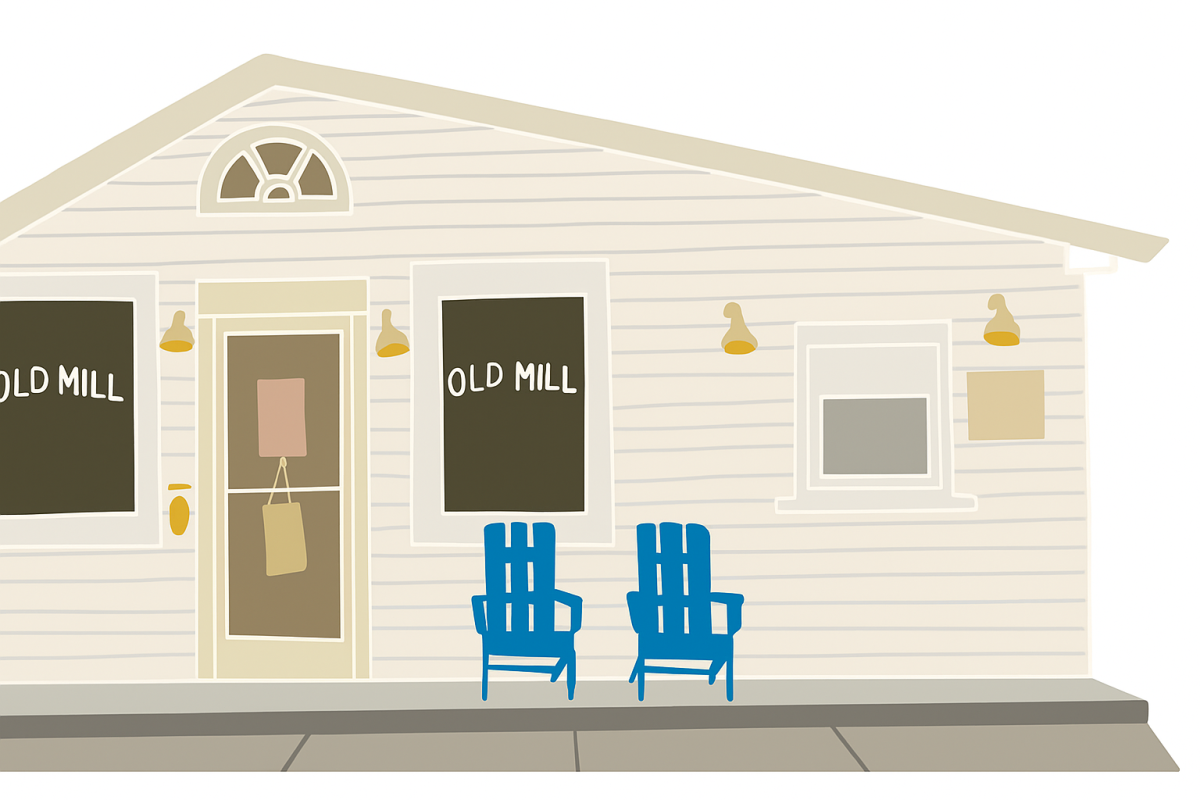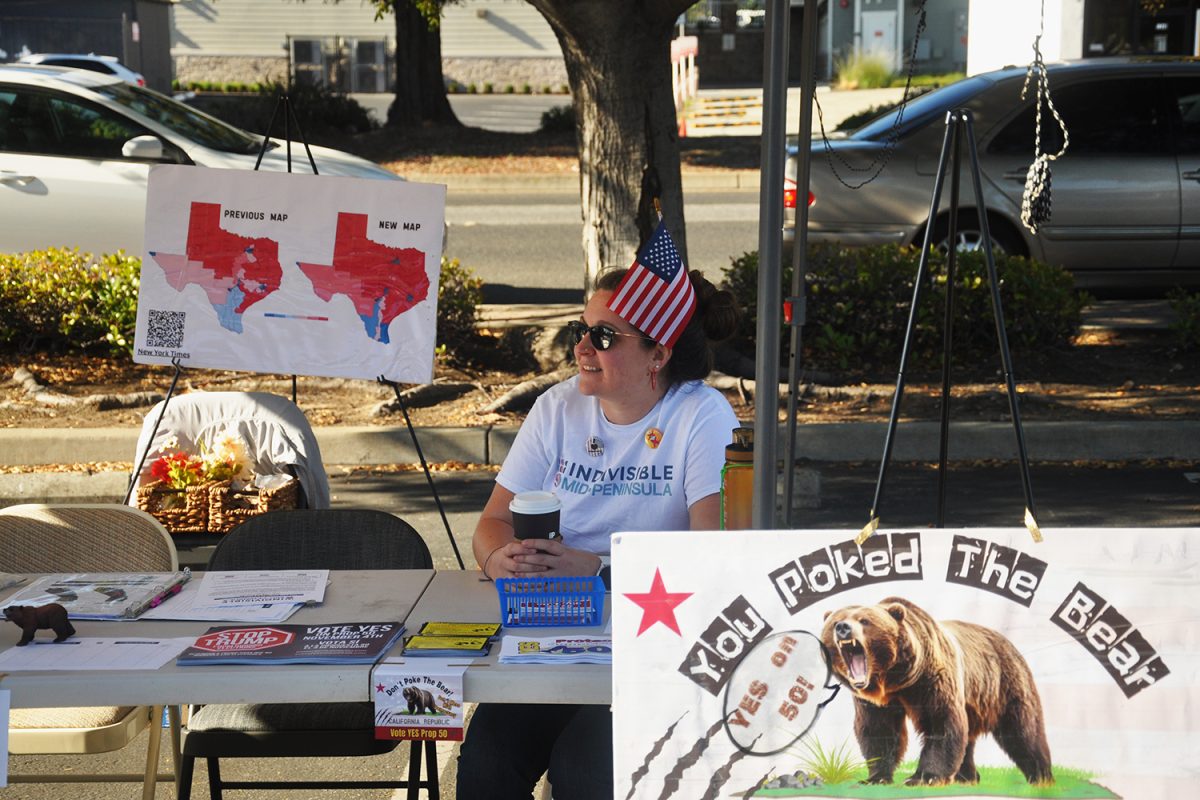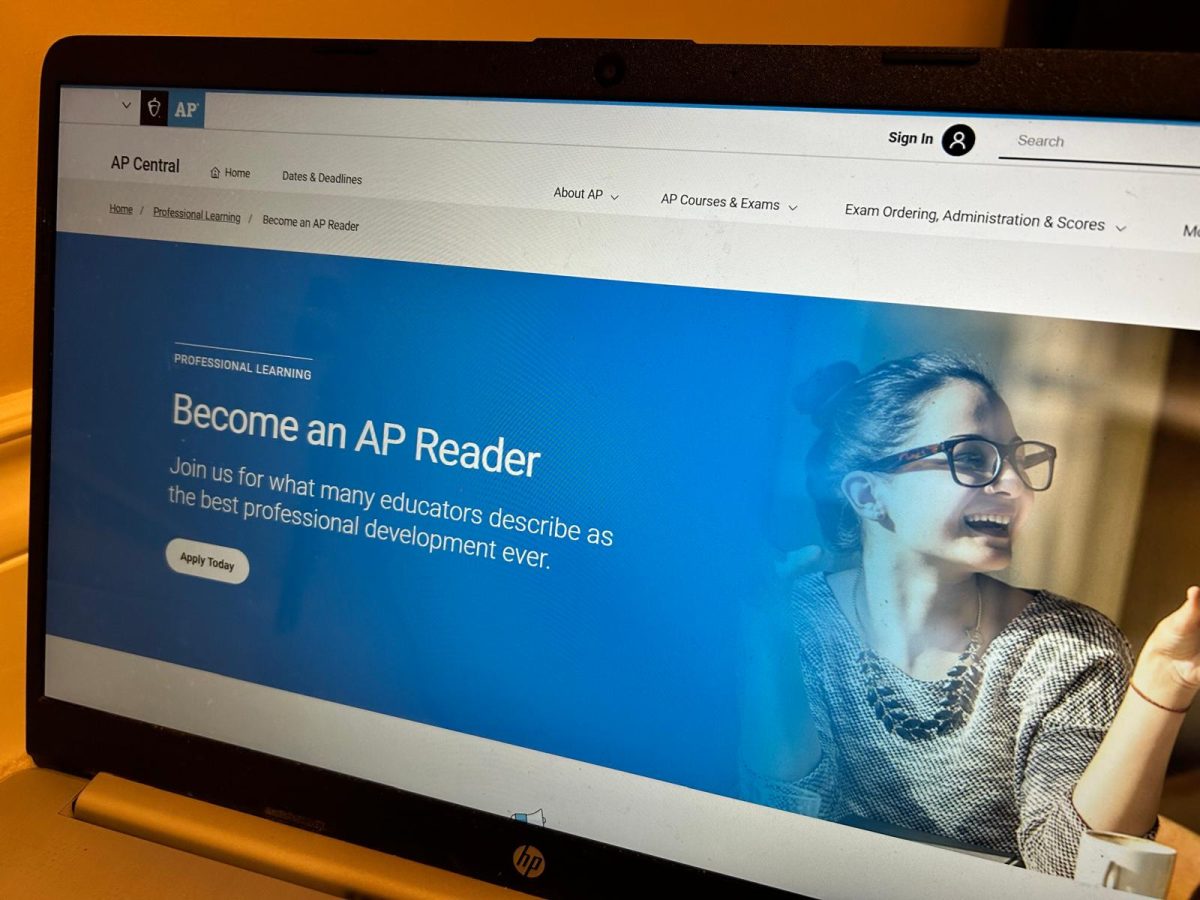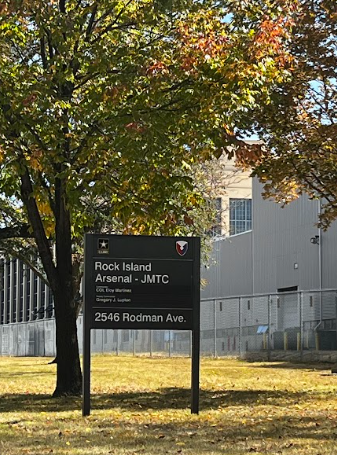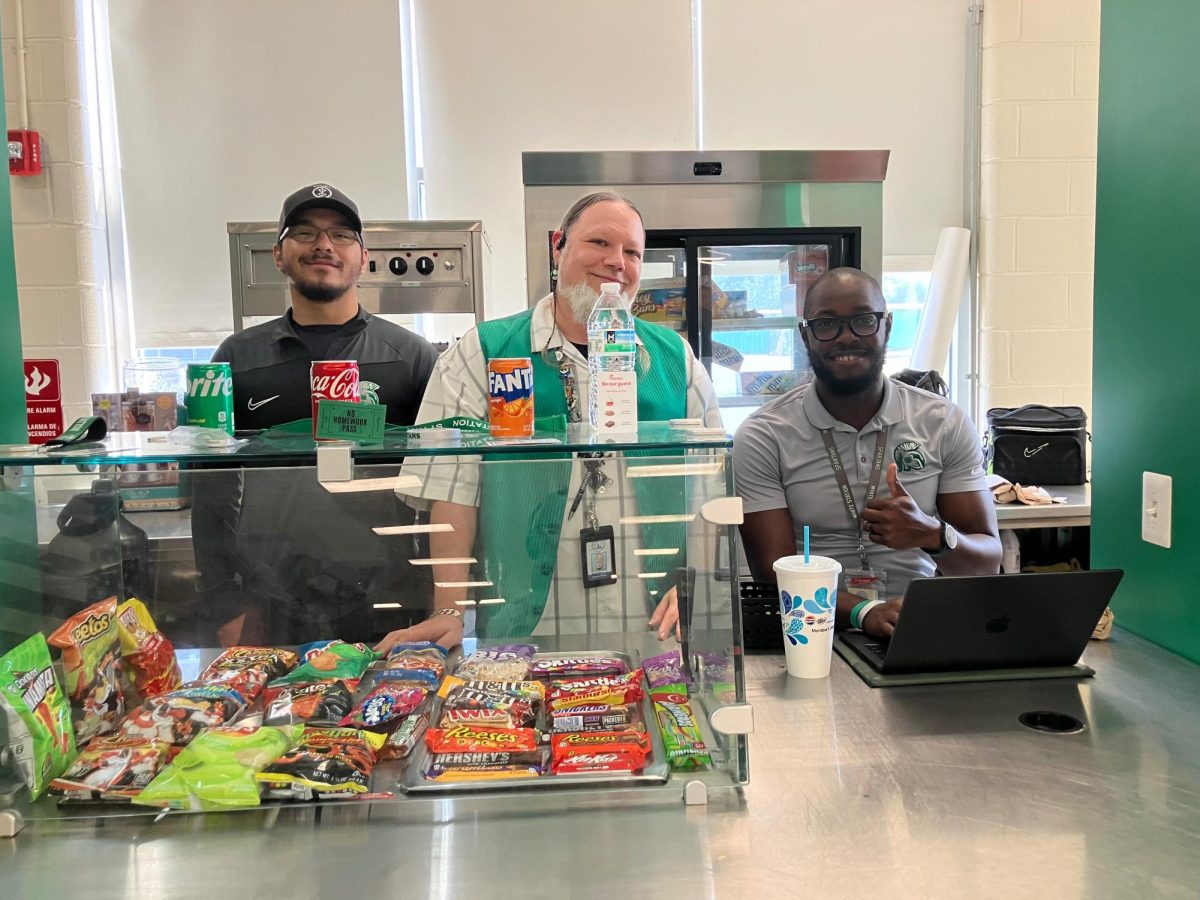Partisan gridlock in Congress triggered a federal government shutdown, leaving Rock Island Arsenal workers furloughed and thousands more across the Quad Cities facing financial uncertainty.
The U.S. government officially shut down at midnight ET on Oct. 1 after Congress failed to reach a funding agreement before the fiscal year deadline. House Republicans attempted to pass a short-term funding bill on Sept. 27 that would have kept the government funded until Nov. 20, but Senate Democrats blocked the measure within hours and offered their own funding bill that included health care provisions. Republicans blocked the Democratic proposal, triggering a shutdown that has left hundreds of thousands of federal workers without pay.
The shutdown stems from Congress’s constitutional “power of the purse,” which grants the legislative branch sole authority over federal spending. “Congress has the ability to tax and spend for the general welfare of our nation,” said AP Government teacher Joe Youngbauer. “The appropriations process reveals both the structural elements of our bicameral legislative branch and the challenges to get majority approval in both chambers of Congress, as well as the current ideological tension between different political parties.”
While shutdowns are often framed as complete government closures, the reality proves more complex. “The government doesn’t actually fully shut down,” Youngbauer said. “It still continues to function while we wait for Congress to authorize more spending. Many workers continue to do their jobs during the shutdown, sometimes working less hours, even though they may not be getting paid.”
The 2018-2019 government shutdown, the longest in U.S. history at 35 days, cost the economy an estimated $11 billion furloughing 380,000 federal workers and forcing another 420,000 to work without pay. The crisis demonstrated how congressional dysfunction inflicts real harm on working families.
The current shutdown has devastated the Quad Cities, where federal employment forms a cornerstone of the regional economy. The Rock Island Arsenal, one of the area’s largest employers with over 6,000 workers, has furloughed more than 1,000 employees as operations grind to a halt. These workers face mounting bills with no paycheck and no clear timeline for resolution.
Rebecca Rockwell, U.S. Army Combat Capabilities Development Command Chemical Biological Center (DEVCOM CBC) Operations and Administrative Support Supervisor at the Arsenal, described the issues faced at her workplace. “The shutdown is affecting everyone on the Arsenal differently,” Rockwell said. “While some people are furloughed, there are other people still working. Those of us furloughed are faced with not knowing when we will return to work. People furloughed cannot work so that stops communication in organizations.”
The uncertainty creates cascading operational failures beyond individual financial hardship by paralyzing essential communication across the facility.
Beyond the Arsenal, the shutdown threatens the Quad Cities’ most vulnerable residents. Local food banks brace for surging demand as SNAP benefits face potential delays, compounding financial pressure on families and federal employees already struggling with receiving stable paychecks. Community organizations like the River Bend Food Bank scramble to prepare for an influx of residents seeking emergency assistance who cannot wait for congressional deal-making.
Essential workers at facilities like FCI Thomson and TSA checkpoints continue reporting for duty without guaranteed paychecks, forcing families to make impossible financial decisions. While Congress has historically authorized back pay for furloughed employees, delayed compensation offers no comfort to families with immediate bills.
Many people have condemned the partisan warfare holding government funding hostage and harming real people. “I think that the government shutdown shows the problem with having such a politically polarized government,” said senior Tate Sommer. “Both parties are focused on gaining influence by blaming the other party rather than compromising. Simply waiting for the other party to back down is not an acceptable solution to the budget issue. It isn’t fair to the government employees, or the country as a whole.”
The shutdown exposed fundamental governing failures transcending party lines and ideological differences. Both Democrats and Republicans share responsibility for weaponizing the appropriations process instead of fulfilling their constitutional obligations. Political grandstanding consistently trumps basic governance and public service.
These funding crises represent deliberate choices, not inevitable outcomes of divided government. Congress possessed clear mechanisms to prevent shutdowns through continuing resolutions or bipartisan negotiation. Lawmakers repeatedly chose political brinkmanship over compromise and responsible governance.
Both parties must prioritize constituents over partisan victories and embrace the compromise necessary for functional democracy. By refusing to govern responsibly, Congress inflicted preventable suffering on communities like the Quad Cities. Federal workers should not serve as collateral damage in political theatrics.
Thousands of local families deserve better than a manufactured crisis. If Congress wants to maintain public trust and preserve democratic legitimacy, it must pass appropriations legislation and end this shutdown before more families face financial ruin.
This story was originally published on Spartan Shield on October 14, 2025.


